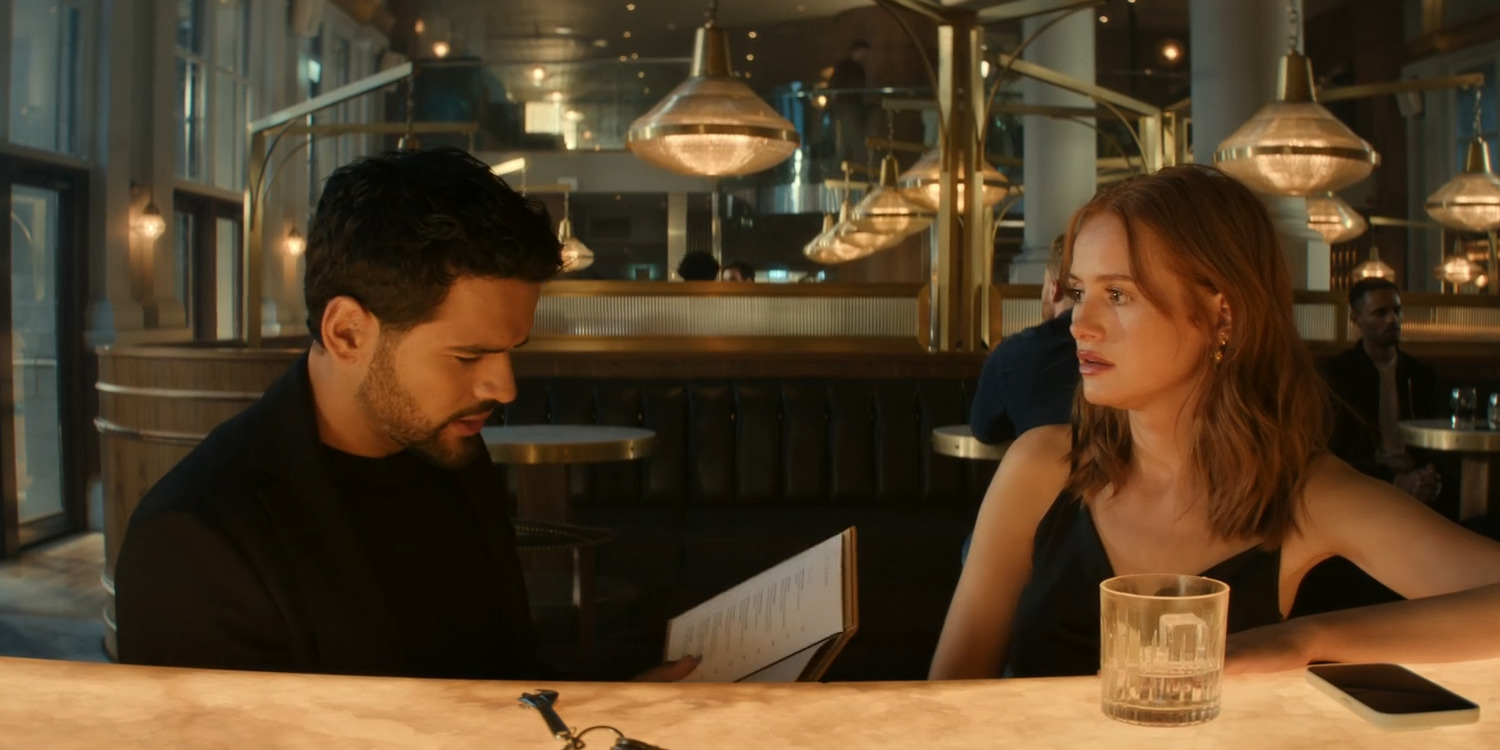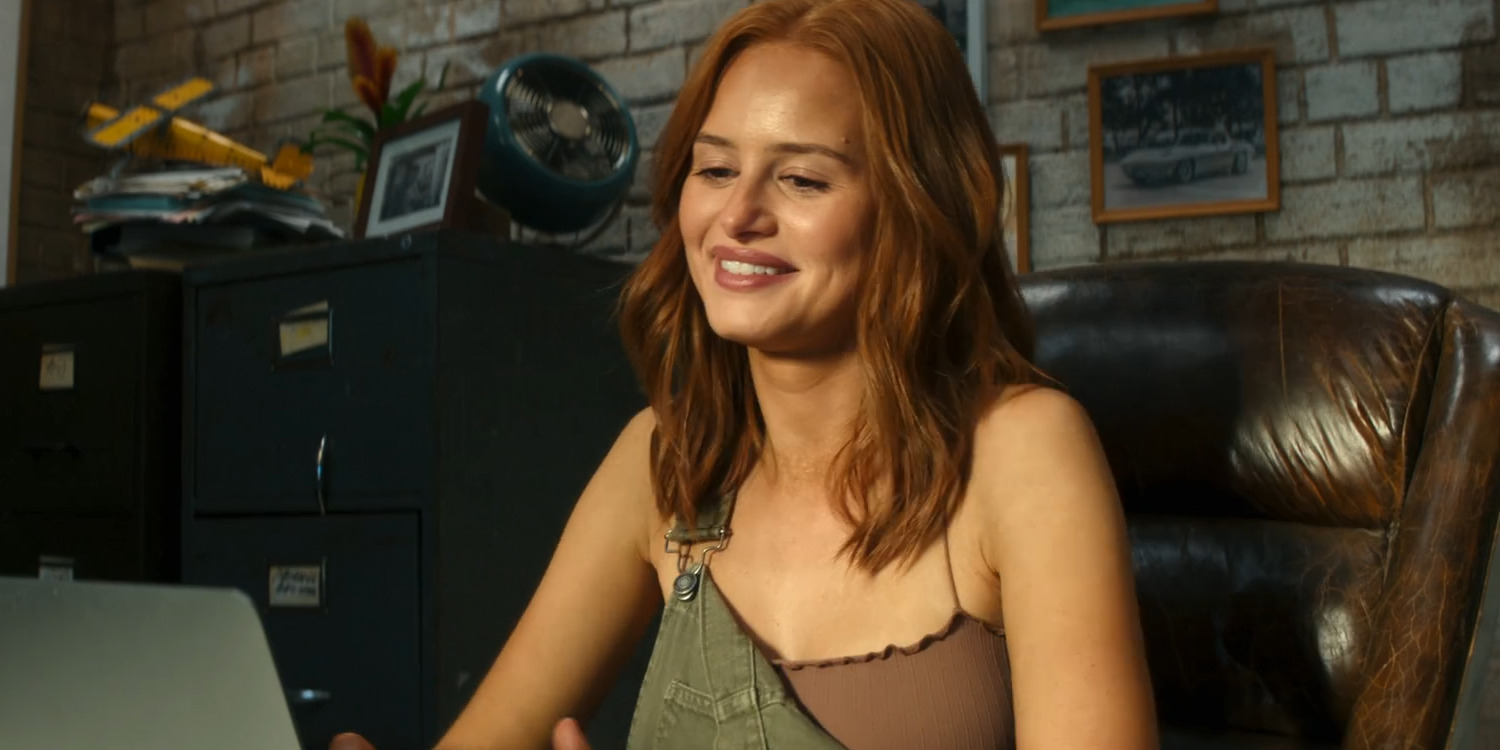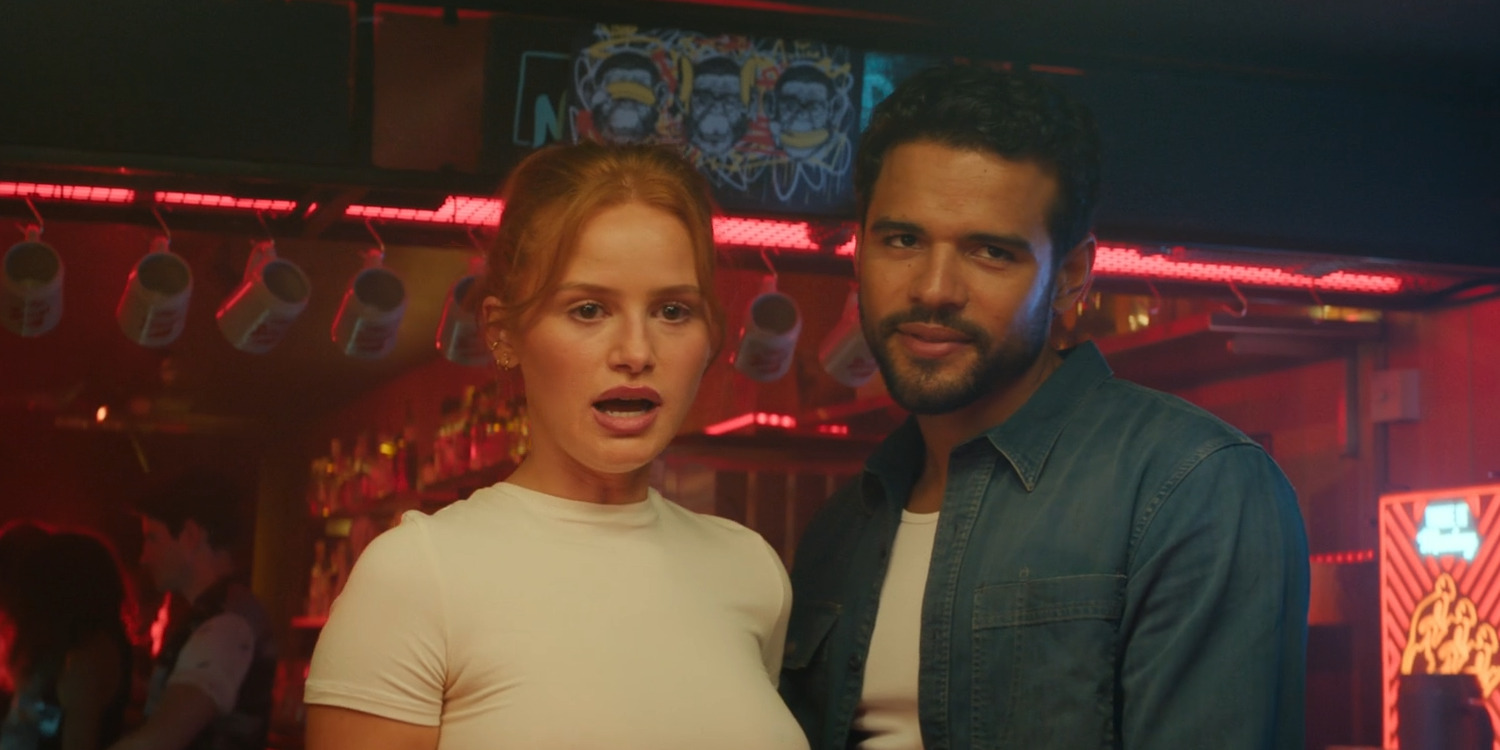Lacey Uhlemeyer’s ‘Maintenance Required’ is a rom-com centering around a timeless enemies-to-lovers dynamic. The film follows the story of Charlie, a mechanic who runs her own mom-and-pop auto repair shop, O’Malley’s, in an attempt to keep her father’s legacy alive. In turn, Beau, another car enthusiast, has a career on the other end of the spectrum, as a star-closer for Miller Boys, a corporate machine interested in conquering the Midwest market. The two have been online pen pals for a long time, confiding their every passion and thought in each other. Nonetheless, due to the anonymous nature of their relationship, they fail to recognize each other when Beau rolls into town as the poster boy for his company, with the intent of putting Charlie’s small, all-female-run establishment out of business. Naturally, this leads to an intense rivalry that remains underscored by a charged chemistry. All these elements come together to bring a familiar sense of authenticity to the Prime Video film.
Maintenance Required’s Fictitious Premise Blends Classic Rom-Com Elements
‘Maintenance Required’ is an original work of fiction, without any direct basis in real-life events or people. As a result, the narrative explored in the film remains credited to the imagination of director/writer Lacey Uhlemeyer and his co-writers Erin Falconer and Roo Berry. However, while the film refrains from deriving any realism from reality, it still manages to instill a sense of familiarity and relatability through its storytelling. Off-the-bat, the bumpy love story between Charlie and Beau emulates many of the popular rom-com cliches and tropes that have reigned over the genre for some time now. The beginning of their relationship, which takes off in a chatroom of an online forum, paves the way for a hidden identity romance reminiscent of films like ‘You’ve Got Mail,’ ‘She’s the Man,’ and ‘Chasing Liberty.’

Another trope that remains at the center of the story stems from the relationship of animosity and rivalry between the central leads. As a small-town local legacy family shop owner, Charlie’s character is inevitably caught up in a huge professional rivalry with Beau, a representative for Miller Boys. Consequently, the story gets to tap into entertaining themes of conflict and contention laced with romantic and flirtatious undertones. Some movies that explore a similar central storyline include ‘Two Weeks Notice,’ ‘The Hating Game,’ and ‘How to Lose a Guy in 10 Days.’ Since these storytelling tropes have such an extensive, pre-existing history in culture and media, viewers are bound to feel a sense of familiarity when it comes to Charlie and her narrative. Nonetheless, outside of these nebulous similarities, ‘Maintenance Required’ doesn’t strive to mine direct inspiration from any definitive source.
Maintenance Required Strives For Authenticity Through Individuality
Even though ‘Maintenance Required’ employs many tried and tested tropes to present a rom-com story, it also strives to carve out its own distinct and authentic personality. Some of this is achieved by ensuring that the characters feel real and grounded in their skin as presented on the screen. For instance, in preparation for the project, leading actress and executive producer Madelaine Petsch underwent a notable process of understanding the technical and mechanical aspects of automobiles. Reportedly, she spent time at a garage and learnt the tips and tricks of the trade in order to better understand her character’s passion. In the end, this ended up having a significant and visible impact, infusing her performance as a mechanic with a sense of realism.

Alternatively, the film also adds touches of individuality to Charlie’s character, allowing her to form her own unique identity as a rom-com lead. In a conversation with Glamour, Petsch spoke about the same. She said, “What initially stood out to me (about ‘Maintenance Required’ was how different Charlie is from most current female rom-com protagonists. Usually in heterosexual rom-coms, the man is the one who doesn’t believe in love, and the woman softens him, but here it’s the opposite. I’ve also discovered that I love taking on roles where I can acquire a new skill to get into the character’s skin better, and going into mechanic training sounded like a fun challenge to me. And I’ve always been a big fan of the enemies-to-lovers trope; I think it’s adorable and timeless.”
Read More: Roofman’s True Story, Explained


You must be logged in to post a comment.